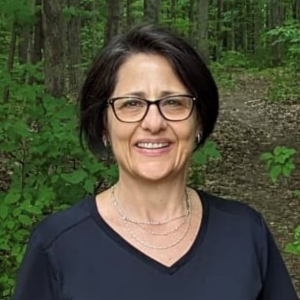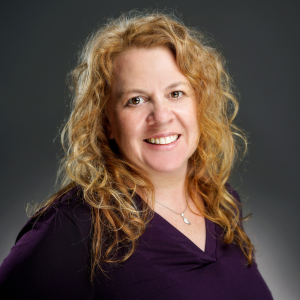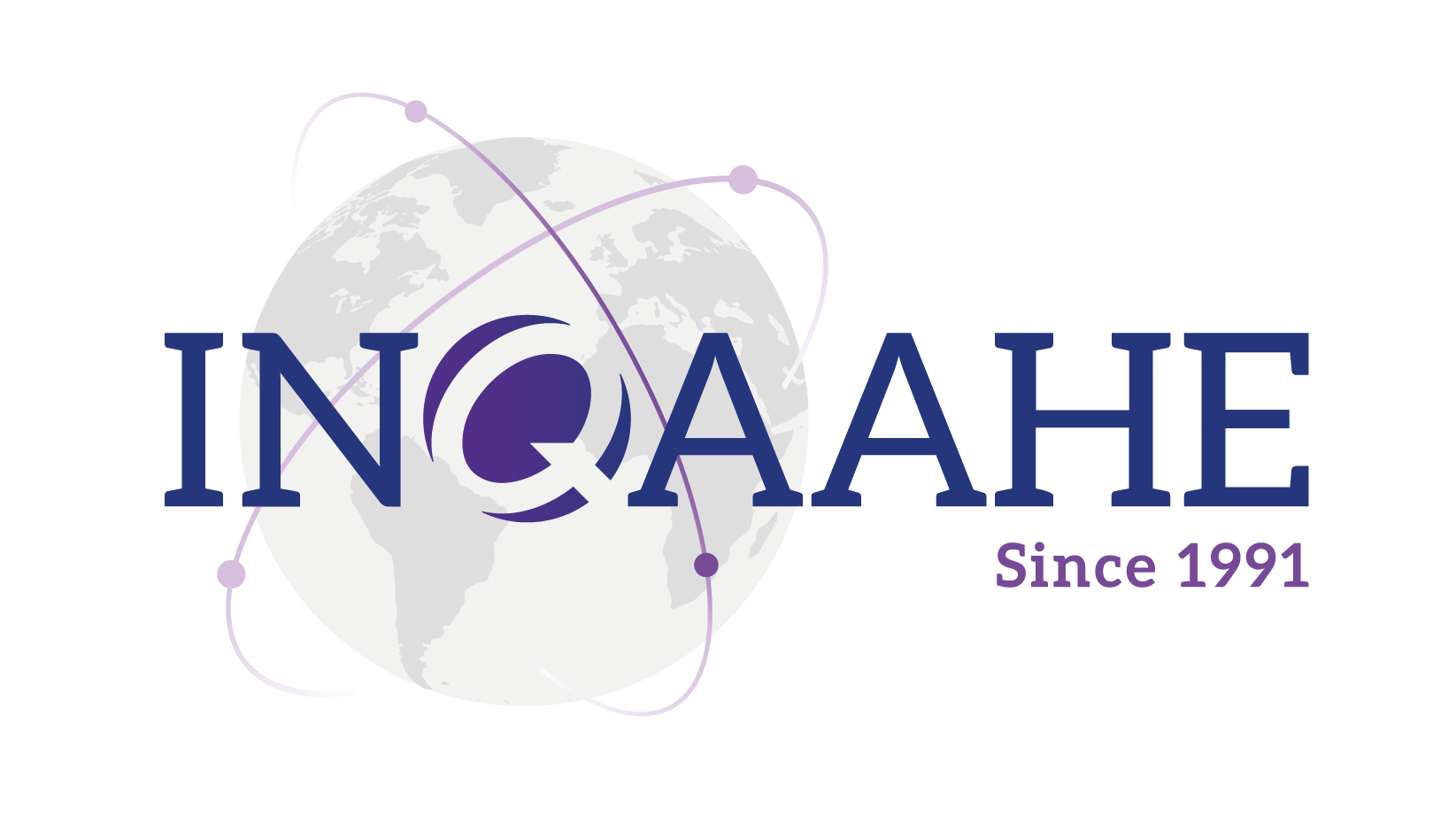
INQAAHE Forum 2024
Transforming Society: Social Reponsibility trough Quality Assurance of Tertiary Education
June 12, 2024
Roundtable
Sub-theme 1: Fostering civic engagement
Program Advisory Committees Supporting Ready, Informed and Engaged Students
One of the winning strategies used by Ontario Colleges in Canada to ensure currency and relevancy of programs also contributes to fostering civic engagement by connecting education to community needs, infusing real-world relevance, and advocating for active participation in societal matters. Program Advisory Committees (PACs) are mandatory for every program of study offered at a public college. These committees play a crucial role in informing the college program developers, faculty, deans, administrators, students, and any other participant of valuable insights and current trends in their respective fields.
PAC are not only precious subject matter experts; as they often live and work in the same community, they bring a wealth of information on relevant societal needs and/or actualities that would otherwise go unnoticed.
This active workshop will model best practices for engaging with PAC members to fully benefit from their expertise and knowledge as well as provide a forum to share best practices.
The goal of this session is to engage the audience in a PAC experience and thoughtful conversation about ways PACs are used to help connect students to their community and their field of practice. By providing a hands-on PAC experience and a platform to share best practices, this practical training will increase awareness of how PAC involvement can help bridge the gaps between knowledge, real-world applications, and societal realities to support the transition from student to employee and active member of society.
In the scope of Quality Assurance, these innovative PAC contributions power positive change in society, providing it with a workforce that is ready, informed and engaged. Having a PAC is no longer a checkbox in a list of QA activities, it is the conduit for bringing the field and the community to the student, and that is powerful!
Facilitated by:
 Karen Belfer
Karen Belfer
Karen Belfer is the Executive Director of the OCQAS, she oversees the self-regulatory mechanisms for the public colleges in Ontario and is responsible for the operation of the Credentials Validation Service and the College Quality Assurance Audit Process.
Prior to joining the OCQAS, Karen spent seven years as the Dean of the Centre for Instructional Development and Applied Research at Vancouver Community College (VCC), a unit responsible for college wide instructional development, program review, curriculum development, educational technology, and applied research. She has worked as an Educational Consultant managing projects internationally and in various Canadian institutions. Her focus has been the design, implementation, and evaluation of quality assurance mechanisms to enhance the learning process.
Karen did her undergraduate work in Informatics, her Masters in Adult Education, and her Ph.D. in Educational Research at the Anahuac University in Mexico, where she taught for 10 years.
 Sylvie Mainville
Sylvie Mainville
Sylvie is the Manager of Quality Assurance for the Ontario College Quality Assurance Service (OCQAS). She works with the Executive Director to ensure ongoing consistency of the OCQAS processes with international best practices in quality assurance for and within Ontario’s Colleges.
Sylvie has taught at every age point, form pre-school, to post-secondary and even for the Canadian Armed Forces. Prior to joining OCQAS, Sylvie worked at Cambrian College where she established and actioned a college level audit process to review third-party educational institutions (for international students). More recently, she has co-developed and co-led a successful pilot process for auditing international standards of education in the Ontario college system. She also considers herself a vocational learning outcomes geek (and received a t-shirt to prove it) and is always happy to chat about learning outcomes. Sylvie studied in psychology and linguistics and holds an M.Ed. Degree from Nipissing University.
If you have any question about the event, please do not hesitate to contact INQAAHE and/or the Forum host, ARACIS.


